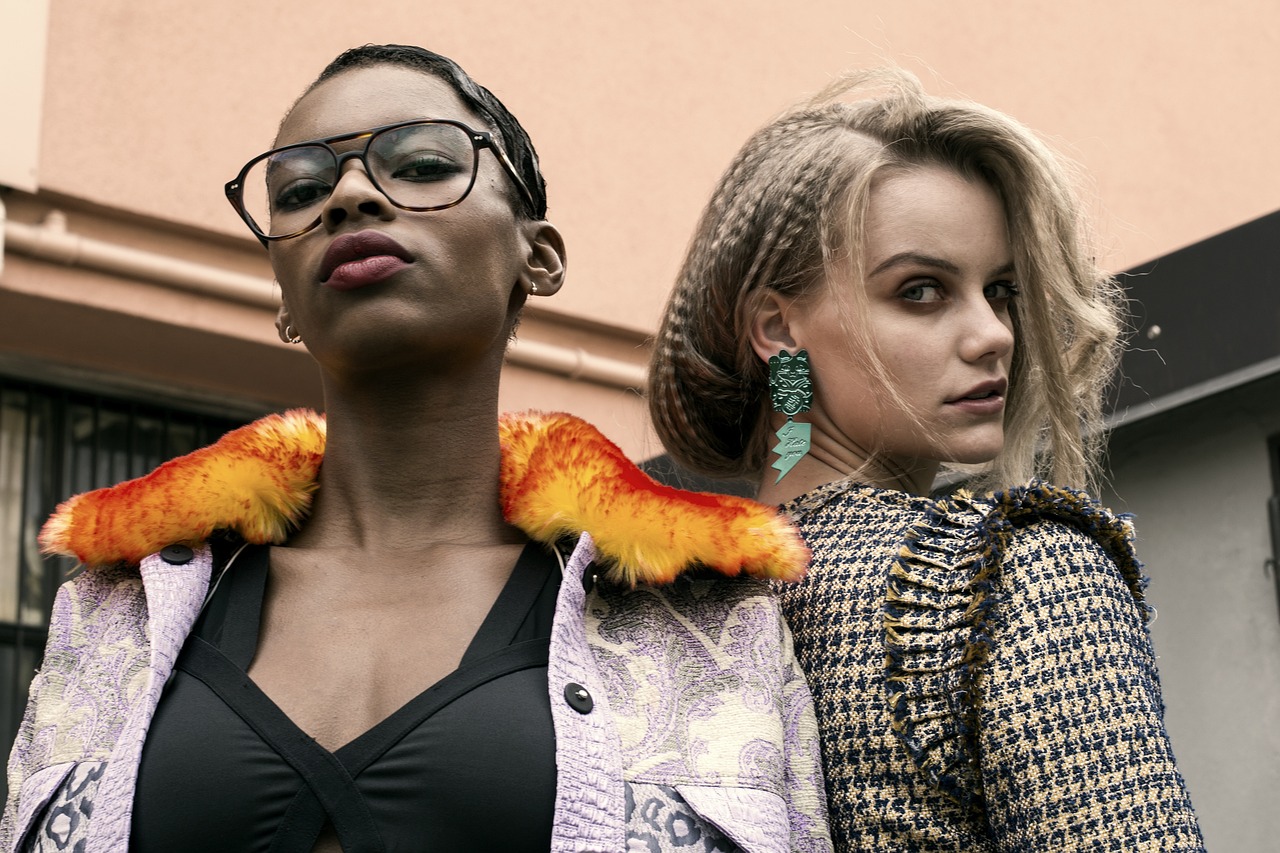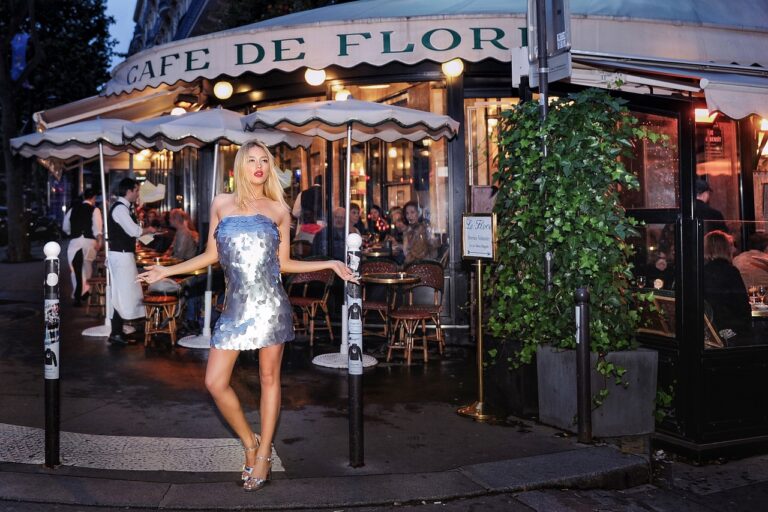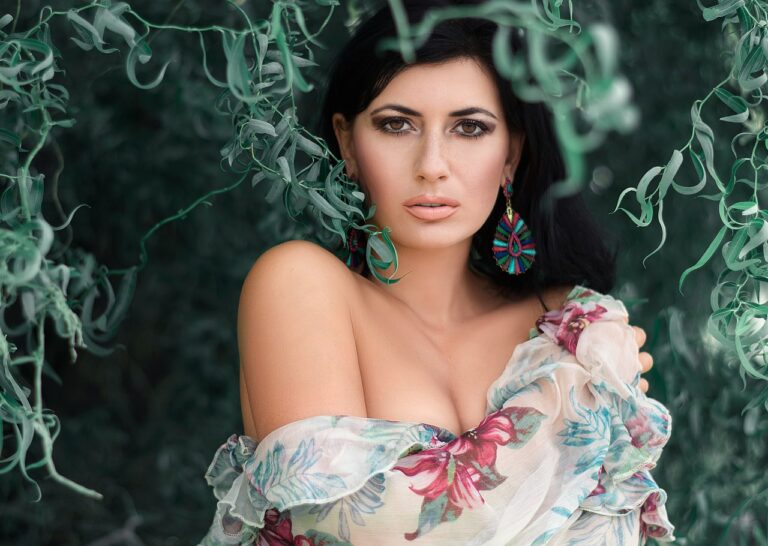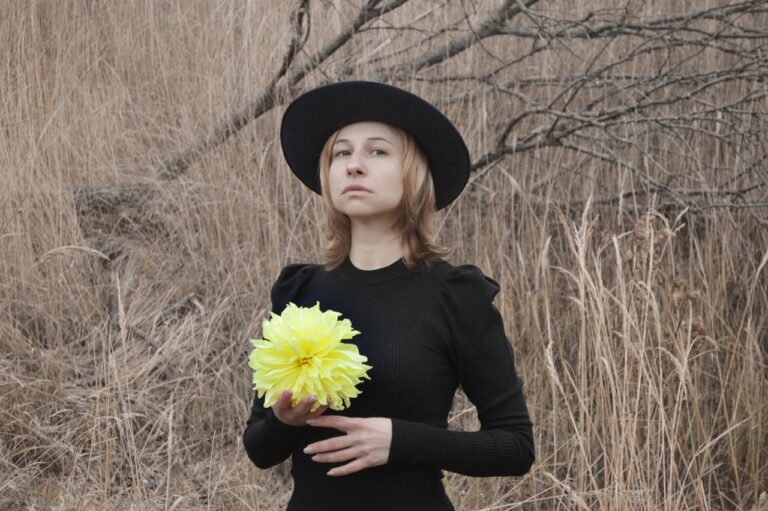The Role of Fashion Week Partnerships in Boutique Brand Exposure: 11xplay, Tigerexch247 login, Booki bet
11xplay, tigerexch247 login, booki bet: Fashion Week Partnerships: The Ultimate Brand Exposure Strategy
Fashion Week partnerships have become a crucial strategy for boutique brands looking to boost their exposure and reach new audiences. These collaborations offer a unique opportunity for brands to showcase their designs on a global stage, connect with industry insiders, and attract the attention of fashion influencers and celebrities.
In this article, we will explore the role of Fashion Week partnerships in boutique brand exposure and how these collaborations can help elevate a brand’s profile and increase its visibility in the competitive fashion industry.
The Power of Fashion Week Partnerships
Fashion Week events, held biannually in major cities around the world, are highly anticipated gatherings that showcase the latest trends and designs from top designers and brands. These events draw a diverse crowd of fashion enthusiasts, industry insiders, journalists, and influencers, making them the perfect platform for brands to gain exposure and generate buzz around their collections.
By partnering with Fashion Week events, boutique brands can leverage the prestige and visibility of these shows to elevate their own brand image and reach a wider audience. Whether through runway shows, presentations, or sponsored events, Fashion Week collaborations allow brands to connect with key industry players, attract media attention, and engage with potential customers in a high-profile setting.
Benefits of Fashion Week Partnerships
1. Increased Visibility: Fashion Week events attract a large and diverse audience of fashion enthusiasts, industry insiders, and influencers, providing brands with a valuable opportunity to showcase their designs to a global audience.
2. Credibility and Prestige: By participating in Fashion Week events, boutique brands can enhance their credibility and position themselves as serious players in the fashion industry.
3. Networking Opportunities: Fashion Week partnerships offer brands the chance to connect with industry insiders, fashion journalists, influencers, and celebrities, creating valuable networking opportunities that can lead to new partnerships and collaborations.
4. Media Exposure: Fashion Week events are covered extensively by the media, providing brands with valuable press coverage and exposure across a variety of platforms, including print, online, and social media.
5. Influencer Marketing: Fashion Week collaborations can help brands attract the attention of fashion influencers and celebrities, who can help promote their designs to a wider audience and increase brand awareness.
6. Consumer Engagement: By participating in Fashion Week events, brands can engage directly with consumers, allowing them to experience their designs firsthand and build a stronger connection with their target audience.
How to Leverage Fashion Week Partnerships for Maximum Impact
1. Define Your Goals: Before entering into a Fashion Week partnership, it’s important to clearly define your objectives and what you hope to achieve from the collaboration. Whether it’s to increase brand awareness, attract new customers, or establish industry partnerships, having a clear goal in mind will help guide your strategy and ensure a successful outcome.
2. Choose the Right Event: Not all Fashion Week events are created equal, so it’s important to choose the right one that aligns with your brand’s aesthetic, target audience, and marketing objectives. Whether it’s New York, Paris, London, or Milan Fashion Week, selecting the right event will help maximize the impact of your partnership.
3. Collaborate with the Right Partners: When choosing partners for your Fashion Week collaboration, look for brands, influencers, or organizations that share your values, aesthetic, and target audience. By partnering with like-minded partners, you can create a cohesive and impactful campaign that resonates with your target audience.
4. Create Compelling Content: In today’s digital age, content is king, so it’s essential to create engaging and visually appealing content that captures the attention of your audience. Whether it’s through runway shows, social media campaigns, or influencer partnerships, creating compelling content will help amplify the reach and impact of your Fashion Week partnership.
5. Engage with Your Audience: Fashion Week events provide brands with a unique opportunity to engage directly with their target audience, so make sure to interact with attendees, solicit feedback, and create memorable experiences that leave a lasting impression. By engaging with your audience, you can build a loyal fan base and establish long-lasting relationships with your customers.
6. Measure Your Results: To determine the success of your Fashion Week partnership, it’s important to track and measure key performance indicators, such as brand awareness, website traffic, social media engagement, and sales conversions. By analyzing your results, you can identify what worked well and areas for improvement, allowing you to refine your strategy for future collaborations.
FAQs
Q: How can boutique brands afford to participate in Fashion Week events?
A: While participating in Fashion Week events can be costly, there are a variety of ways boutique brands can secure funding, such as through sponsorships, partnerships, crowdfunding, or seeking investors. Additionally, brands can explore alternative options, such as hosting a pop-up event during Fashion Week or collaborating with other brands to share costs.
Q: How can boutique brands stand out in a crowded Fashion Week landscape?
A: To stand out in a crowded Fashion Week landscape, boutique brands should focus on creating unique and memorable experiences that resonate with their target audience. Whether it’s through innovative designs, creative marketing campaigns, or engaging with influencers, finding a niche and differentiating yourself from the competition is key to success.
Q: What are some examples of successful Fashion Week partnerships?
A: Some examples of successful Fashion Week partnerships include collaborations between luxury designer brands, such as Louis Vuitton and Supreme, streetwear brands, like Off-White and Nike, and high-end fashion houses, such as Chanel and Pharrell Williams. These partnerships have helped brands reach new audiences, generate buzz, and drive sales, showcasing the power of strategic collaborations in the fashion industry.
In conclusion, Fashion Week partnerships are a valuable strategy for boutique brands looking to increase their exposure and elevate their brand image. By leveraging the prestige and visibility of Fashion Week events, brands can connect with industry insiders, attract media attention, engage with influencers and celebrities, and reach a global audience. With careful planning, strategic partnerships, and compelling content, boutique brands can maximize the impact of their Fashion Week collaborations and stand out in the competitive fashion landscape.







